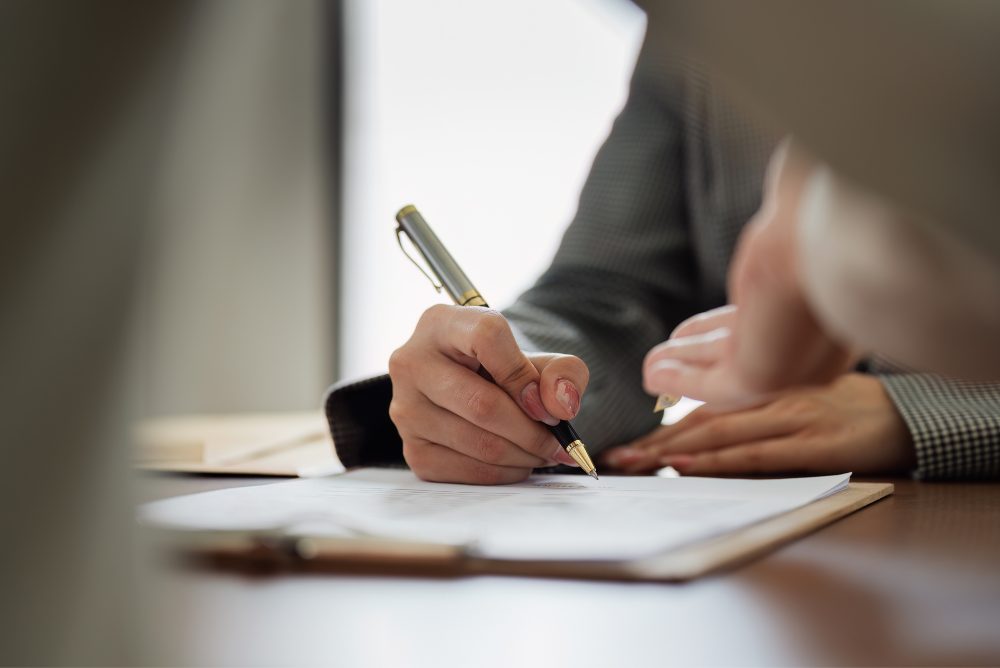What Is Grant Writing?

Grants are non-repayable funds provided by governments, foundations, or corporations to support specific projects or initiatives. They’re designed to advance the goals of the funder — whether that’s public benefit, innovation, or social impact.
Common types of grants include:
Government grants:
For organisations aligned with public interest or strategic priorities, often including R&D funding.
Philanthropic grants:
Issued by charities or foundations to support social, environmental, or cultural goals.
Corporate grants:
Part of CSR programmes, these often support education, community development, or sustainability.
Research grants:
For innovation across scientific, academic, or technological fields.
Seed grants:
To help launch early-stage projects or start-ups.
Grant writing is the process of applying for this funding. A strong application clearly demonstrates alignment with the funder’s priorities, outlines a credible plan, and shows that your organisation is best placed to deliver impact.
Grant Writing vs Proposal Writing
Proposal writing
Proposal writing refers to any structured plan submitted in response to a formal request. The goal is to show you can deliver the required outcome.
Grant writing
On the other hand, grant writing is a specific type of proposal writing focused on securing funding. A grant proposal should:
- Align with the funder’s mission and goals
- Define the need your project addresses
- Outline clear objectives, a delivery plan (methodology), and an evaluation framework
- Include a realistic and detailed budget
Structure of a Grant Application
Most grant applications follow four key sections:
1. Needs Statement
Explains the issue your project addresses. Back it with evidence and link it to the funder’s priorities.
2. Objectives and Outcomes
Outlines what the project aims to achieve, and how success will be measured. Keep objectives specific, measurable, and realistic.
3. Methodology
Details how the project will be delivered — including timelines, activities, resources, and risk mitigation strategies.
4. Budget and Evaluation
Breaks down project costs and explains how outcomes will be tracked using both qualitative and quantitative measures.
Common Grant Writing Challenges
1. Time-Consuming Research and Alignment
Crafting a strong application requires understanding both the written and unwritten priorities of the funder — which often means deep research and strategic positioning.
2. Communicating Impact Clearly
Funders want a compelling, evidence-based story. It takes effort to combine credible data with emotionally resonant messaging, and to choose metrics that meaningfully reflect impact.
How AutogenAI Supports Grant Writing
The biggest challenge in grant writing is often time. AutogenAI addresses this by streamlining every stage of the application process.
Save Time Without Sacrificing Quality
AutogenAI’s generative AI dramatically reduces preparation time. It helps you:
- Rapidly source and incorporate credible research
- Generate tailored needs statements and project descriptions
- Develop draft content aligned with funder priorities
Teams can now complete grant applications in days instead of weeks — without compromising on quality.
Strengthen Every Section of Your Application
AutogenAI also helps you:
- Craft compelling narratives: Use storyboarding and persuasive writing tools to shape responses that resonate with funders.
- Build stronger budgets and evaluations: Leverage data to create detailed budgets and embed evidence-backed evaluation frameworks.
- Learn from past success: Analyse previous applications and repurpose your best-performing content to boost future outcomes.
To learn more about AutogenAI, contact us today.
Frequently Asked Questions
1. What is a grant application?
A grant application is a formal request submitted to a funding agency or organization in order to secure grant funding for a specific project or initiative. It typically includes a project overview, budget, timeline, and justification for funding.
2. How is a grant proposal different from other proposals?
A grant proposal is a type of proposal writing specifically designed to seek funding from a grant-making entity. Unlike business or sales proposals, a grant proposal must align with the funder’s mission and demonstrate measurable social, scientific, or educational impact.
3. What should be included in a successful grant proposal?
A successful grant writing strategy includes:
A compelling needs statement
Clear, measurable objectives
A detailed project timeline
A realistic budget
An evaluation plan
Adherence to the application guidelines
4. How time consuming is the grant writing process?
The grant writing process can be very time consuming, often taking weeks to research funders, craft a compelling narrative, and compile supporting materials. Tools like AutogenAI can significantly reduce this workload.
5. How can I write better grant proposals?
To write proposals that stand out:
Follow all application guidelines carefully
Use persuasive and clear language
Align your project with the funder’s goals
Provide evidence of potential impact
Break down a credible budget and project timeline
6. Do I need a table of contents in my grant proposal?
Yes, including a table of contents can help reviewers navigate your grant proposal, especially for longer or more complex applications.
7. Should I hire a freelance grant writer?
Freelance grant writers can be a great resource if your team lacks the time or expertise. Look for experienced grant writers with a proven track record of winning grants in your sector.
8. What do experienced grant writers bring to the table?
Experienced grant writers understand funder expectations, know how to structure compelling proposals, and can navigate the subtle nuances that make a proposal more likely to be funded.
9. When should I start the grant writing process?
Start early. Allow time for research, team collaboration, revisions, and compliance checks. Last-minute efforts often miss out on alignment with funder goals, weakening your proposal.
10. How do I apply for a grant?
To apply for a grant:
- Identify suitable funding opportunities
- Review all application guidelines
- Prepare your grant application following the funder’s structure
- Submit a proposal before the deadline through the funder’s preferred platform or system
11. How can AutogenAI help with grant writing?
AutogenAI streamlines the grant writing process by:
Reducing prep time
Helping to write proposals that are aligned with funder goals
Generating strong needs statements, project plans, and budgets
Using data to support a winning grant application
12. What are some writing tips for grant applications?
Top writing tips include:
- Use active voice and clear, concise language
- Avoid jargon unless the audience expects it
- Provide specific data to back up your claims
- Tailor each proposal to the specific funding agency
- Tell a compelling story that shows real-world impact

